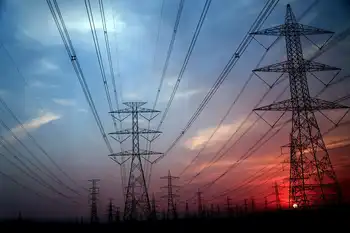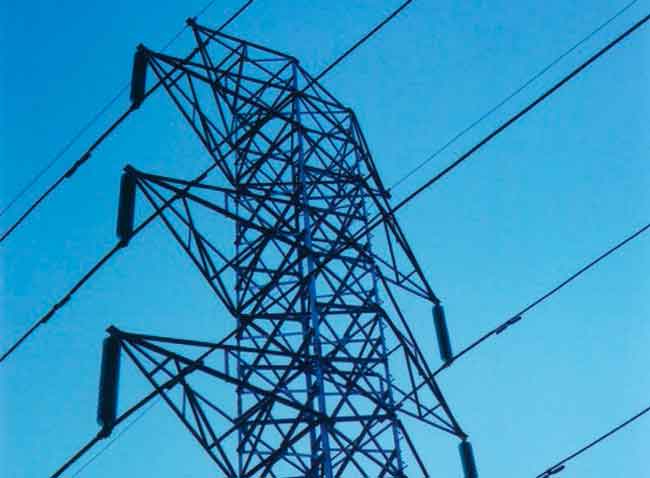Ontario saves 900 MW during Earth Hour
By Toronto Star
High Voltage Maintenance Training Online
Our customized live online or in‑person group training can be delivered to your staff at your location.

- Live Online
- 12 hours Instructor-led
- Group Training Available
Across the GTA, according to calculations by the various hydro utilities, Earth Hour saved about 434 megawatts between 8 and 9 p.m. on Saturday, when Canadians joined millions around the world in making a symbolic statement about conservation and climate change by turning their lights off.
The electricity saved is enough to power about 434,450 homes, based on a benchmark of 1kw per average home, chosen by the Star after consultation with utilities.
Of course, most households observing Earth Hour did not power down completely – leaving fridges and other appliances humming – so the actual number of participating homes could be much higher.
Complicating comparisons is the variety of ways the various utilities compared the power savings, given variations in sunset times, weather and other factors. Some utilities compared 8 to 9 p.m. last Saturday with the same hour on the previous Saturday. Others compared it with an average of all March Saturdays, and others with the last Saturday of March 2007.
But however the numbers shake out, they do show that suburban municipalities played a significant role, with smaller towns like Milton and Newmarket leading the way – showing a remarkable 15 per cent and 14 per cent drop in consumption, respectively.
"We saw quite a dip," said Paul Ferguson of Newmarket Hydro. "I'm still saying ‘Wow!' It's quite outstanding."
"I was quite impressed," added Veridian Connections spokesperson George Armstrong, whose utility covers eastern municipalities such as Pickering and Ajax. "Customers seem to have taken this to heart."
Most GTA municipalities had declared their support, and many used Earth Hour as an opportunity to showcase their use of efficient and sustainable technologies. Aurora, for example, boasts a new recreation complex with technology that reclaims heat shed in making ice and transfers it to the pool, air and a snow-melting reservoir.
The survey shows significant differences among municipalities. On a per capita basis, for example, Markham did much better than similarly sized Vaughan as well as much larger Mississauga.
Earth Hour organizers had set a goal of a 5 per cent reduction, which was exceeded in much of the GTA, but said from the beginning that the event's main goal was to raise awareness about how Canadians can personally and corporately do more to fight climate change.
Some 100,000 Canadians signed up officially on the Earth Hour website (earthhour.org), the second highest in the world per capita. Results of a survey later this week are expected to give an indication of how many actually participated.











